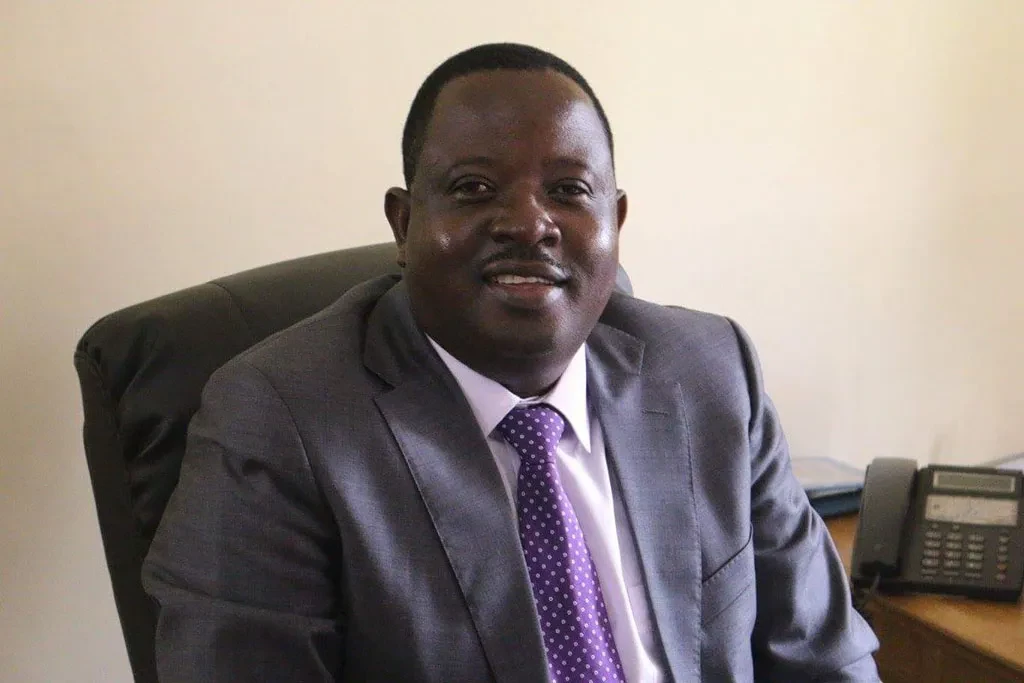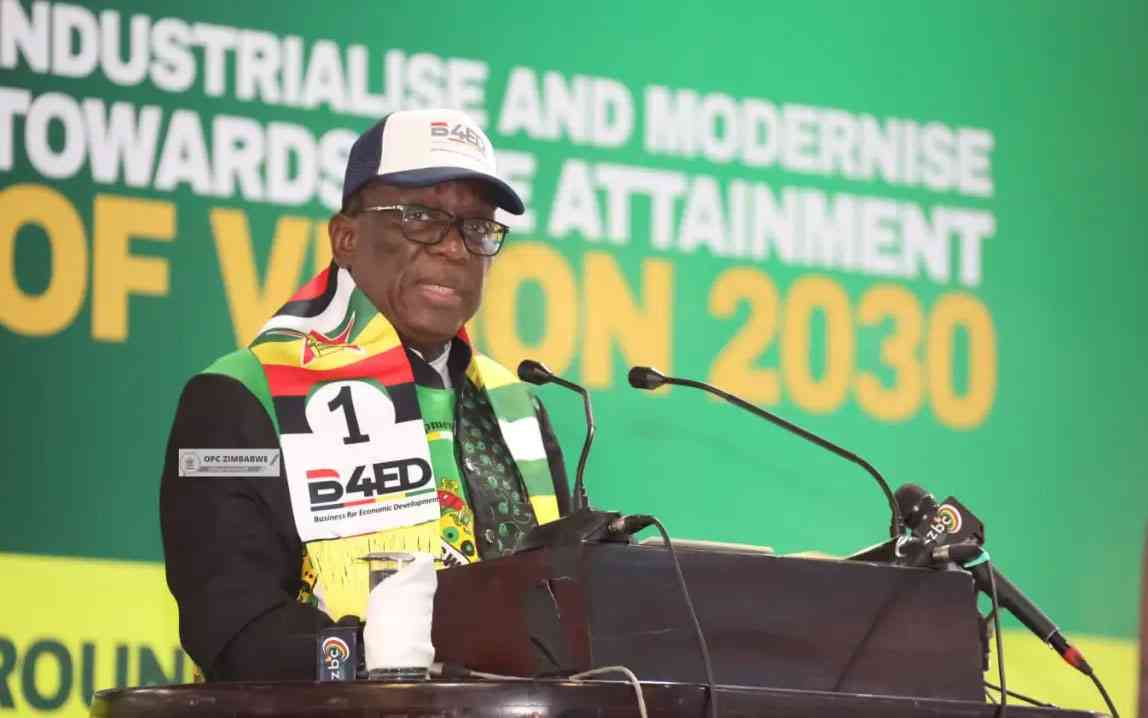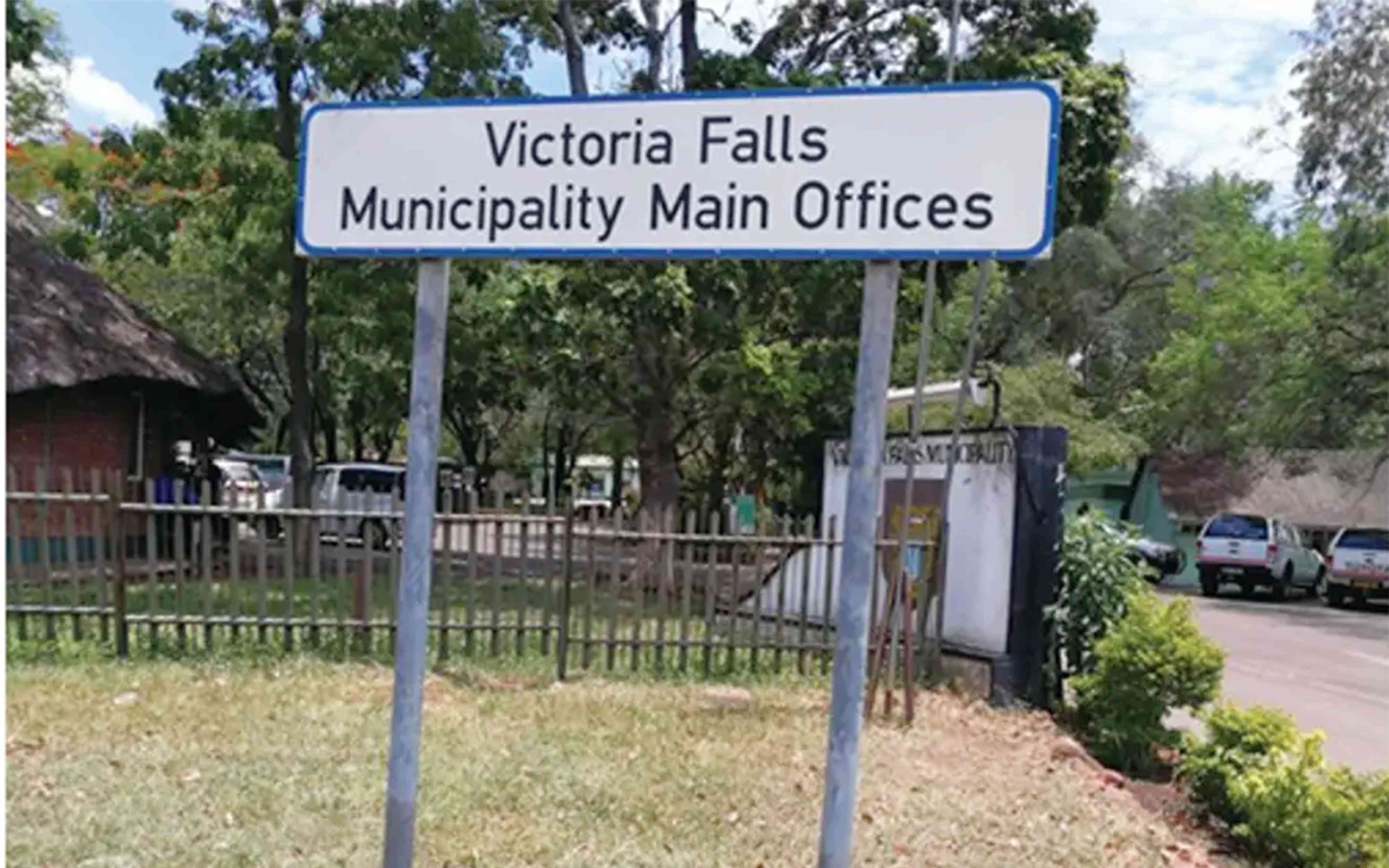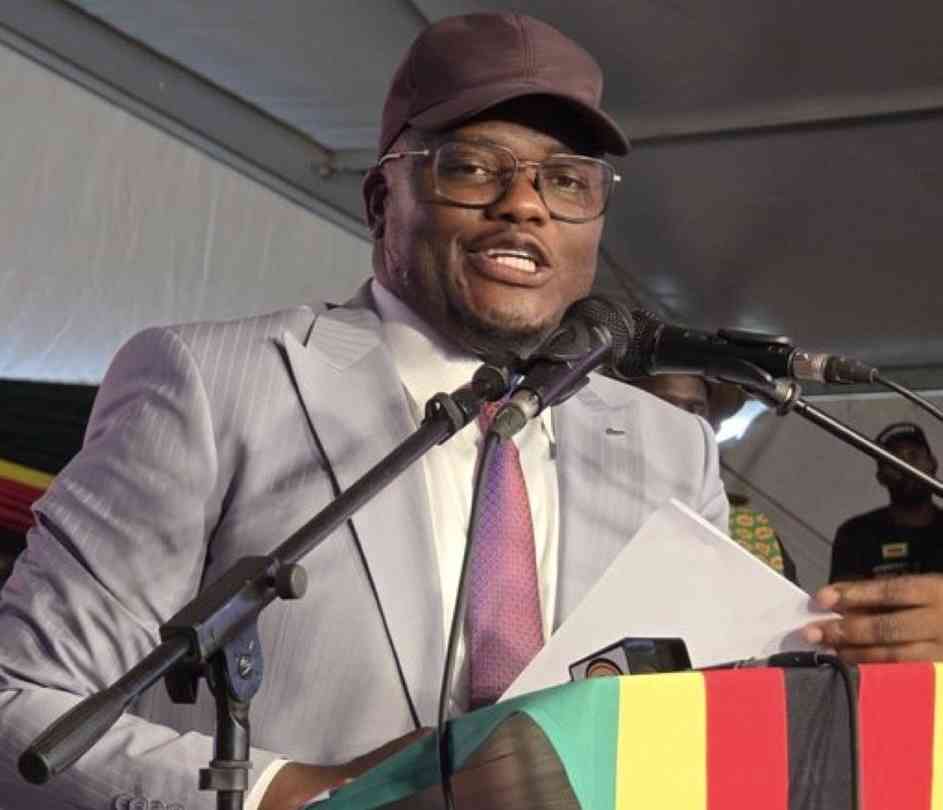
Palpable pain and desperation throbbed louder than the failing monitors inside Zimbabwe’s largest hospitals this week, reflecting the collapse of a public healthcare system.
At Parirenyatwa and Sally Mugabe central hospitals, hopelessness filled the cold, worn-out benches. Patients and caregivers sat in silence, suffering, their voices hoarse from years of crying into a void that no longer listens.
This devastating reality, witnessed by the Zimbabwe Independent, came a day after a rare political reckoning. Youth Development minister Tino Machakaire broke ranks with official silence, urging President Emmerson Mnangagwa to face the horror in public hospitals.
“What I saw was deeply moving,” Machakaire posted after a hospital visit. “The growing public outcry is not an exaggeration; it reflects the difficult experiences of many citizens.”
At Parirenyatwa, those experiences were on full display.
“The hospital only provides a bed,” said a woman who had spent two agonising weeks nursing her elderly mother. “We paid US$140 for blood tests and US$40 for medication. An X-ray cost us again. Imagine if we didn’t have medical aid — this would be a death sentence.”
US$40 is steep in a country where over 90% are unemployed, according to trade unions, and only 8% have medical insurance.
Her voice shook.
- NoViolet Bulawayo’s new novel is an instant Zimbabwean classic
- Jah Prayzah, Zanu PF rekindles ‘lost love’
- Hockey team eyes top 10 finish
- International athletes troop in for Africa Triathlon Cup
Keep Reading
“The beds are broken. The wheelchairs barely move. Even elderly patients now pay US$70 just for admission. The place feels abandoned.”
That word — abandoned — repeats itself at Sally Mugabe Central. It spills from caregivers loitering in dim corridors, hoping their loved ones survive the night.
“My daughter has been admitted here for two weeks,” said another relative.
“Doctors walk past if you do not provide what they prescribed. I am relying on my relatives to help cover the costs because the hospital provides no support. There is no support, no humanity.”
This grim picture sharply contrasts with the government’s claims. Deputy Health Minister Sleiman Kwidini insisted this week that “everything is improving”.
“We are doing everything to improve services,” he said. “We have not received any major concerns from hospital administrators.”
On Wednesday, he told Parliament that the citizens were "very happy" with the service delivery in public hospitals.
“We are doing wonders since 2018 to make sure the citizens receive quality care. What we are doing is only known by the patients, not the social media participants. As we speak right now, our citizens are very happy with the service delivery that we are giving.”
But that narrative fell apart in the hospital hallways, where relatives scramble for basic painkillers and surgical gloves.
Outside Sally Mugabe’s casualty unit, a man pacing nervously captured the national despair:
“The doctors and nurses are not to blame. They are doing their best. But there are no medicines, no equipment. If I had money, my father would be in a private hospital — but I don’t.”
A collapsing system now leans heavily on underpaid, overstretched staff. Nurses at Sally Mugabe — Zimbabwe’s largest referral centre — recently staged a rare protest, decrying conditions one union called “abject poverty.”
“Nurses are earning about US$240 plus a few ZiG,” said Zimbabwe Nurses Association president Enock Dongo. “That is not enough for a decent living. Government has failed its workers.”
Dongo said nurses, often blamed for delays and poor service, are simply trying to survive.
“They are exhausted. They are working in a war zone without armour.”
And the war zone analogy fits. In maternity wards, women deliver new life with no comfort. In emergency rooms, accident victims lie untreated for hours. In cancer wards, outdated machines stand still.
Public health expert Itai Rusike, director of the Community Working Group on Health, traced the crisis to decades of mismanagement.
“Poor governance, underfunding, and corruption brought us here,” he said. “Auditor-General reports show rampant abuse of health funds.”
He pointed to medicine shortages, obsolete equipment, and a hollowed-out public sector weakened by national debt and a shrinking economy.
“The result is rising deaths from preventable diseases such as cholera, measles, and malaria,” he said. “Water shortages and power cuts make things worse.”
The system, Rusike warned, is near collapse.
And yet, Machakaire’s public appeal has stirred rare hope — or at least forced a national reckoning.
“There is no substitute for seeing, listening, and understanding first-hand,” the minister said.
For those clinging to threadbare hospital beds, his words were long overdue.
But words won’t save lives.
Analysts said action must follow, and drugs must flow into Zimbabwe’s public health facilities if the country is to save many suffering people. “Wages must rise,” one health sector analyst told the Independent, noting ministers must not procrastinate.
“Zimbabwe’s leadership must show up — not by making speeches to the public, but with action,” the health expert noted.
There has been an outcry that while the system crumbles, Zimbabwe’s leaders have been seeking treatment abroad.











